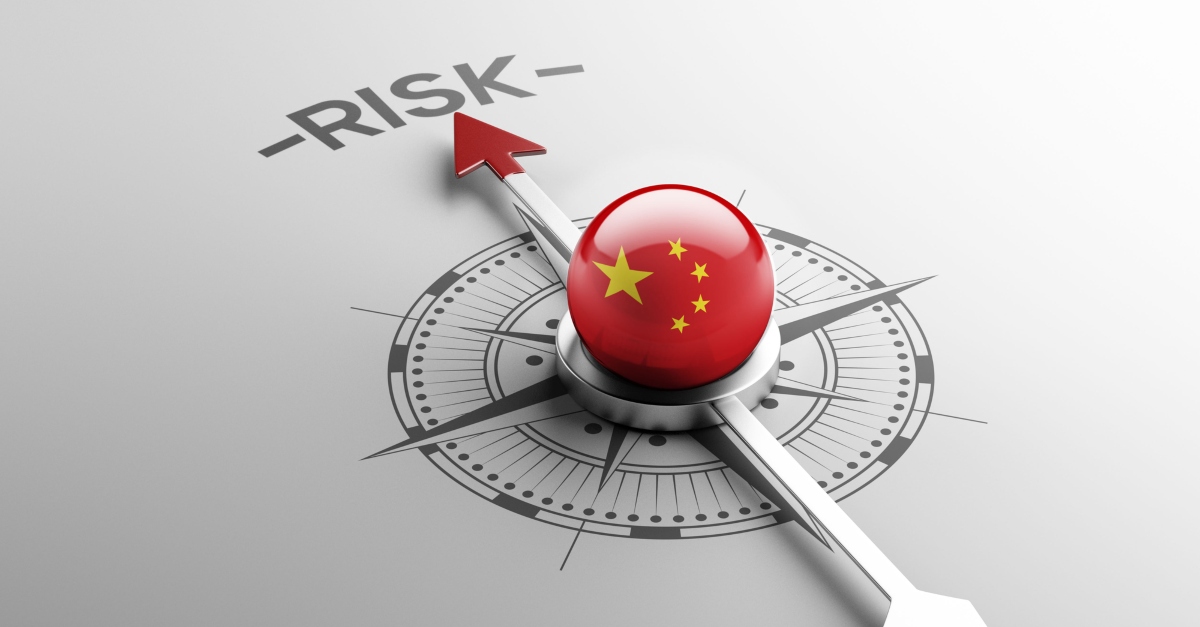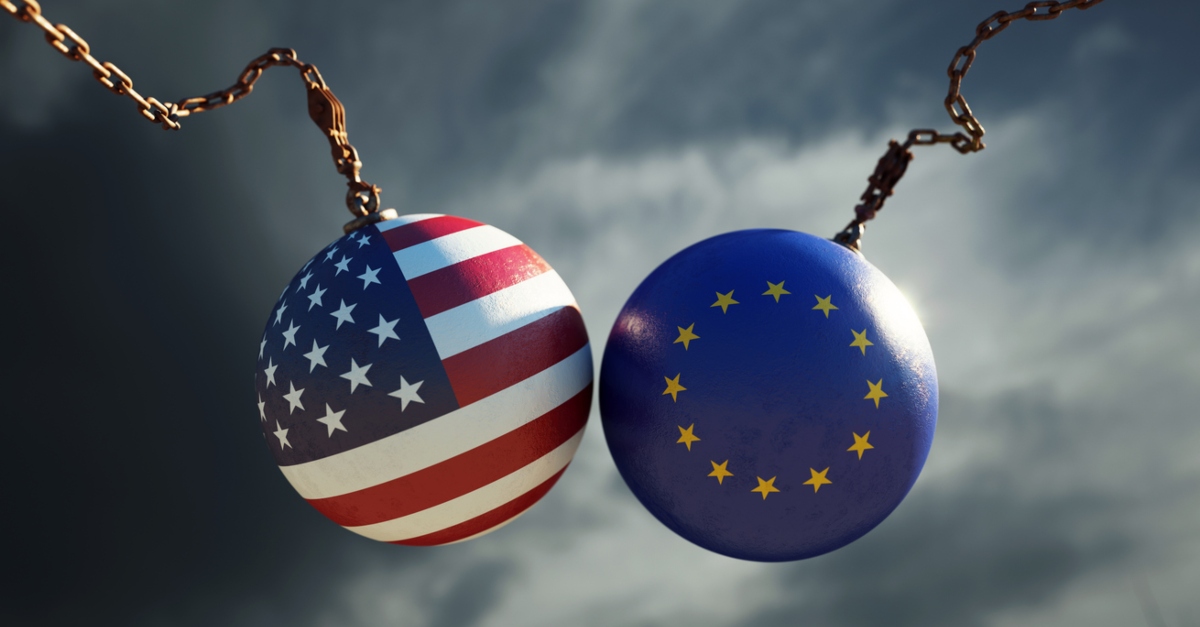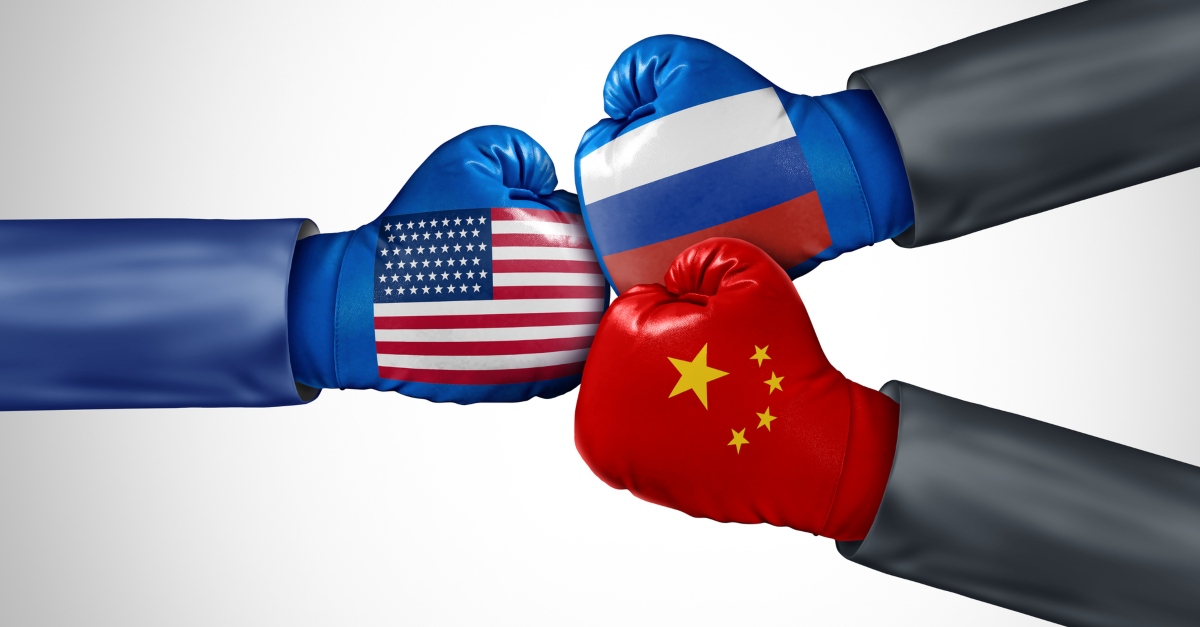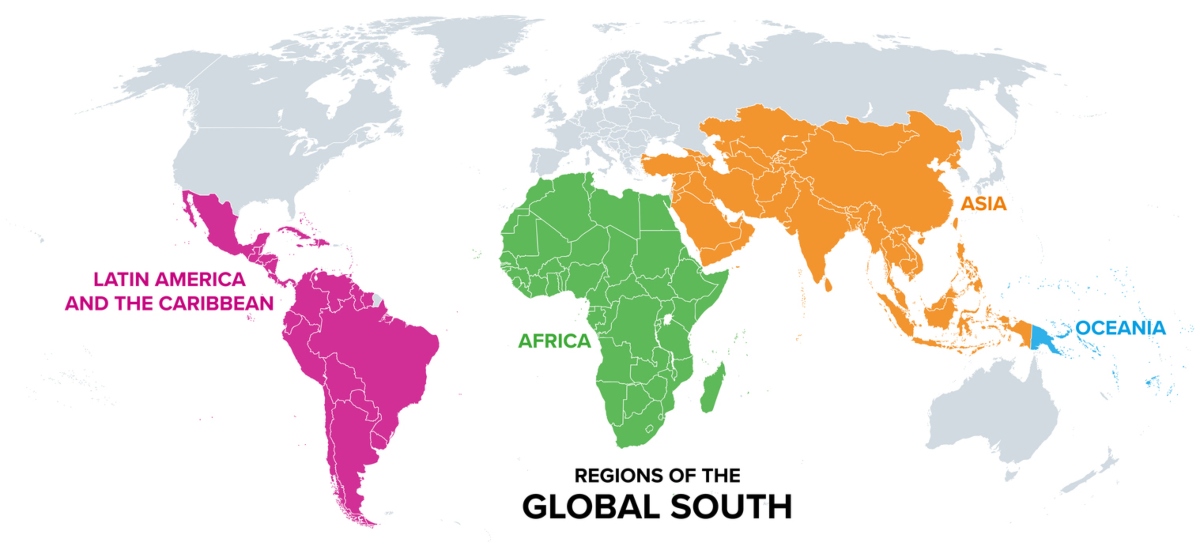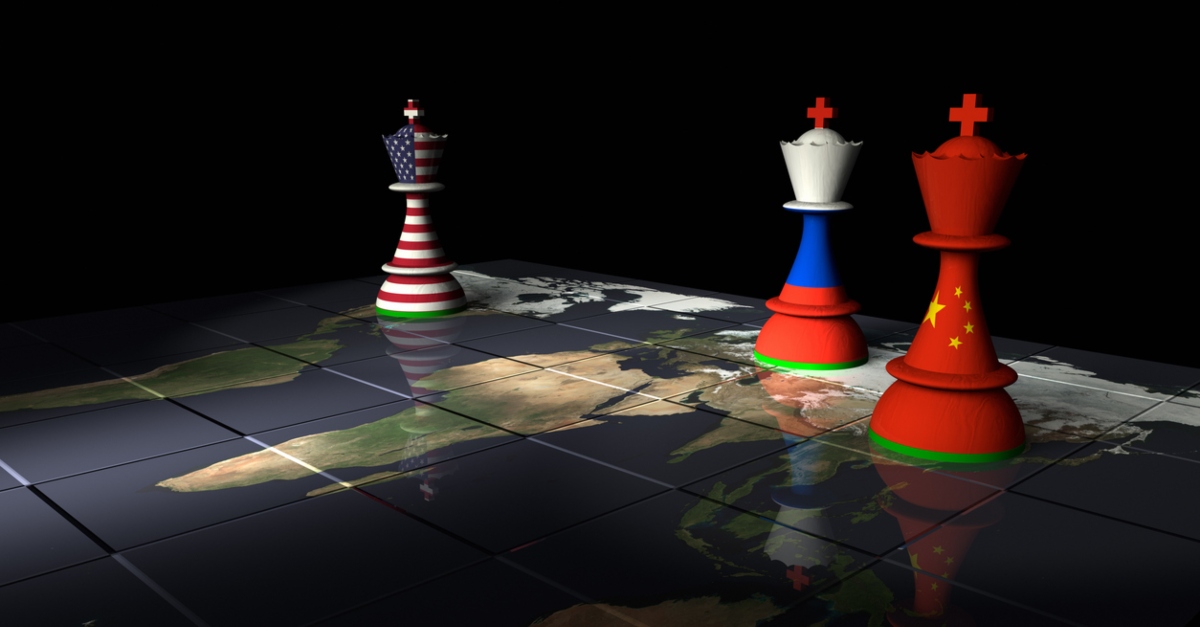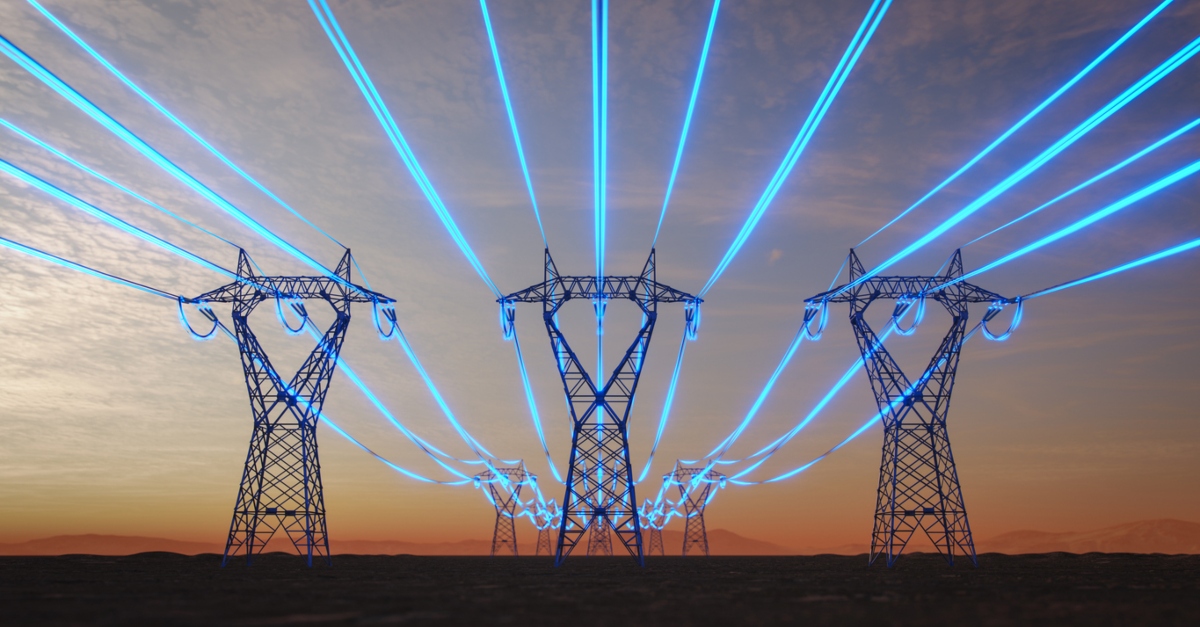China and the Power of One
China’s political direction since Donald Trump first entered the White House has often been described as reactive; a series of responses to tariffs, technology controls and diplomatic pressure. In reality, Beijing’s trajectory has been shaped less by Washington’s personalities than by a deeper conclusion reached within the Chinese Communist Party (CCP), that the era of [...]
China and the Power of One Read More »

